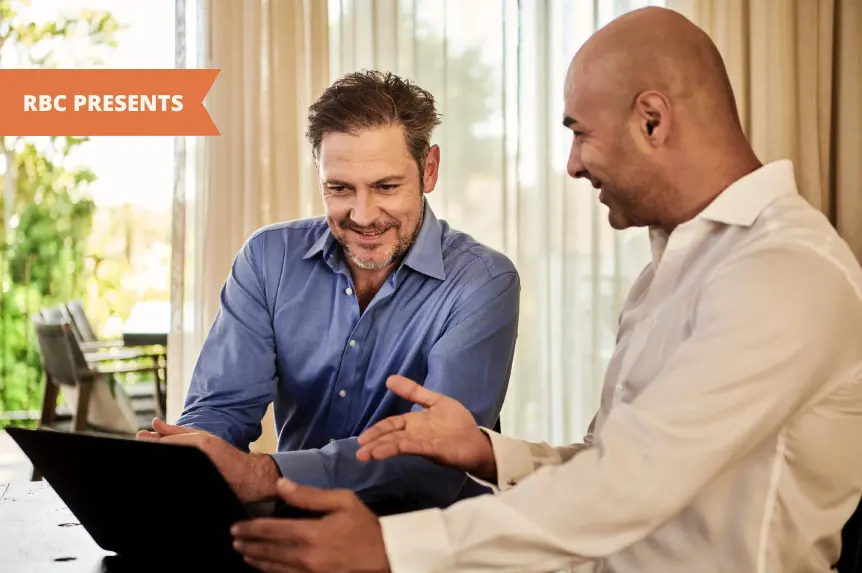Should You Act as an Executor if You're Appointed in the Will?

You've been asked to be an executor in a will, which means you're likely seen as responsible and trustworthy. The role of executor is a crucial role in making sure the deceased person's wishes are carried out and their assets go to the right people. But, before you decide if it's right for you, let's explore what being an executor really involves and what you should think about before saying yes.
As an executor, you're shouldering what's known as a "fiduciary duty." In simpler terms, it means you're obligated to act in the best interests of the estate's beneficiaries. This duty is a big deal because it holds you accountable for prudently managing the estate's assets and affairs. If, for any reason, you breach this fiduciary duty, it can land you in hot water, with personal liability on the line. The idea of incurring liability is one of the foremost factors to ponder when mulling over the executor's role.
Sizing Up the Estate
Another important thing to think about is how big and complicated the estate is. If it's quite large or has complex financial stuff going on, being an executor could take a lot of your time and involve digging deep into estate matters. You need to decide if you're ready for tasks like handing out assets, managing finances, and dealing with taxes.
In scenarios where the estate is on the larger or more complex side, don't hesitate to seek expert guidance. Estate lawyers, trust companies, accountants, and other professionals can be your trusty sidekicks in ensuring that the estate is managed meticulously.
Family Dynamics and Potential Showdowns
Understanding family dynamics and foreseeing potential conflicts among the beneficiaries is another critical piece of the puzzle. If there are signs that one or more beneficiaries may bring their fair share of challenges or legal tussles to the table, your journey as an executor might get rocky. In such instances, your skill in navigating disputes and managing conflicts will be tested.
Juggling with Co-Executors and Unanimous Choices
In some cases, you might not be flying solo; there could be multiple co-executors named in the will. While having co-executors can help distribute responsibilities, it also adds a layer of complexity. When there are multiple cooks in the kitchen, unanimity is often required for making decisions. This can lead to challenges if one executor stumbles or disagreements brew among the co-executors. It can make the workload more manageable, but it also means sharing responsibilities and potential liabilities.
Now, picture an insolvent estate, where the deceased's debts outweigh the assets. Acting as an executor in such a scenario becomes a complex, contentious task. You'll be responsible for dealing with multiple creditors and ensuring that the remaining assets are divvied up fairly among the beneficiaries. This is where things can get legally and emotionally intense.
Covering Short-Term Expenses
Executors might find themselves footing the bill for the estate's short-term expenses until they can be reimbursed. This could involve costs related to funeral expenses, estate administration fees, and immediate financial obligations. Being financially prepared to shoulder these expenses is an aspect that shouldn't be overlooked.
The Preliminary Phase: Before You Commit
It's worth noting that named executors are allowed to gather information about the estate before officially accepting or declining the appointment. These preliminary steps, involving the collection of information about the estate, are not considered actions taken to administer the estate. This means that you can assess the estate's complexity, potential conflicts, and your own readiness before fully committing to the role.
The Off-Ramp: If You Want Out
If you find that the responsibilities and potential challenges of being an executor are more than you bargained for or don't align with your best interests, you do have an off-ramp. You can decline the appointment. However, this decision must be made before you start administering the estate. Once you've begun the process, renouncing the executorship becomes substantially more complex.
Making an Informed Decision
In the end, the choice to take on the role of an executor should be made after careful consideration of all the factors involved. While being an executor can be a meaningful way to honor a loved one's wishes, it's crucial to make an informed decision. Assess your ability to meet the fiduciary duties and obligations that come with the role. By weighing the factors discussed here, you'll be better equipped to make the best choice for both yourself and the estate beneficiaries.








